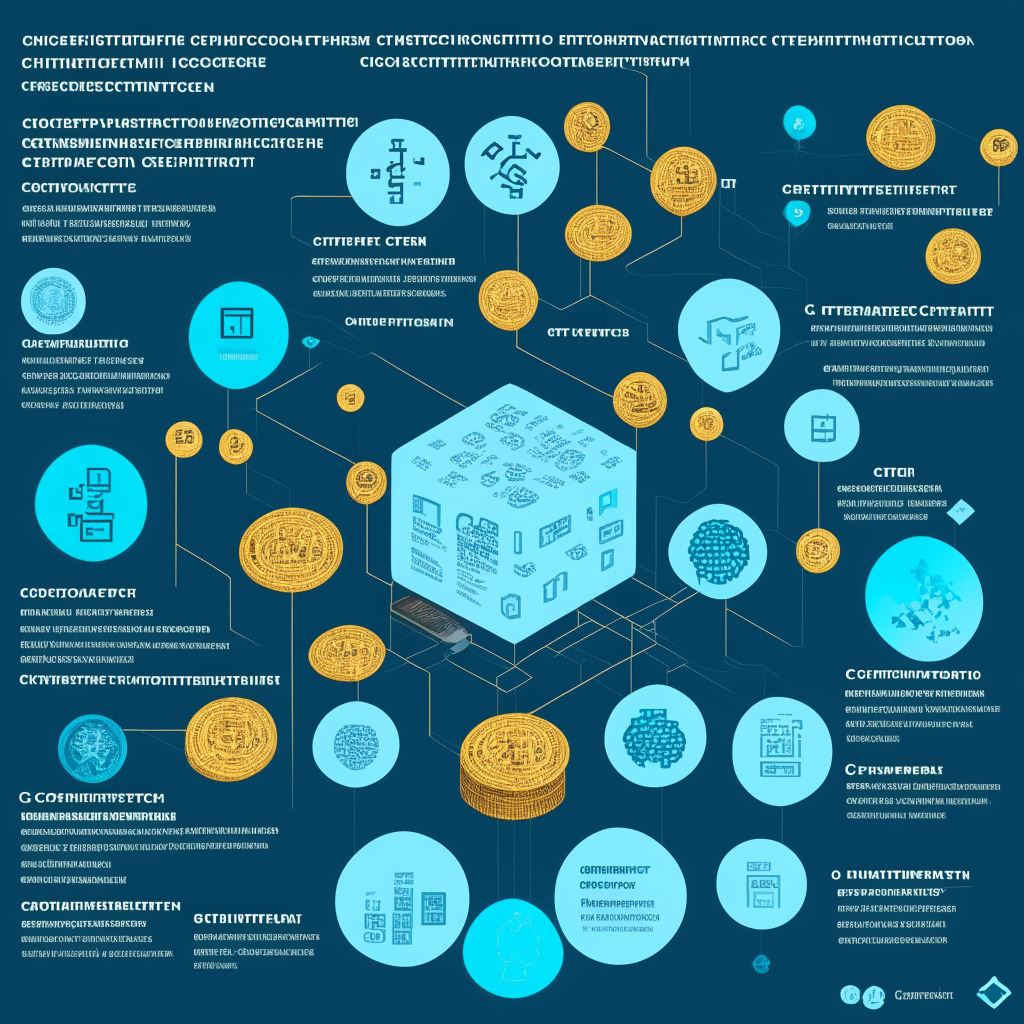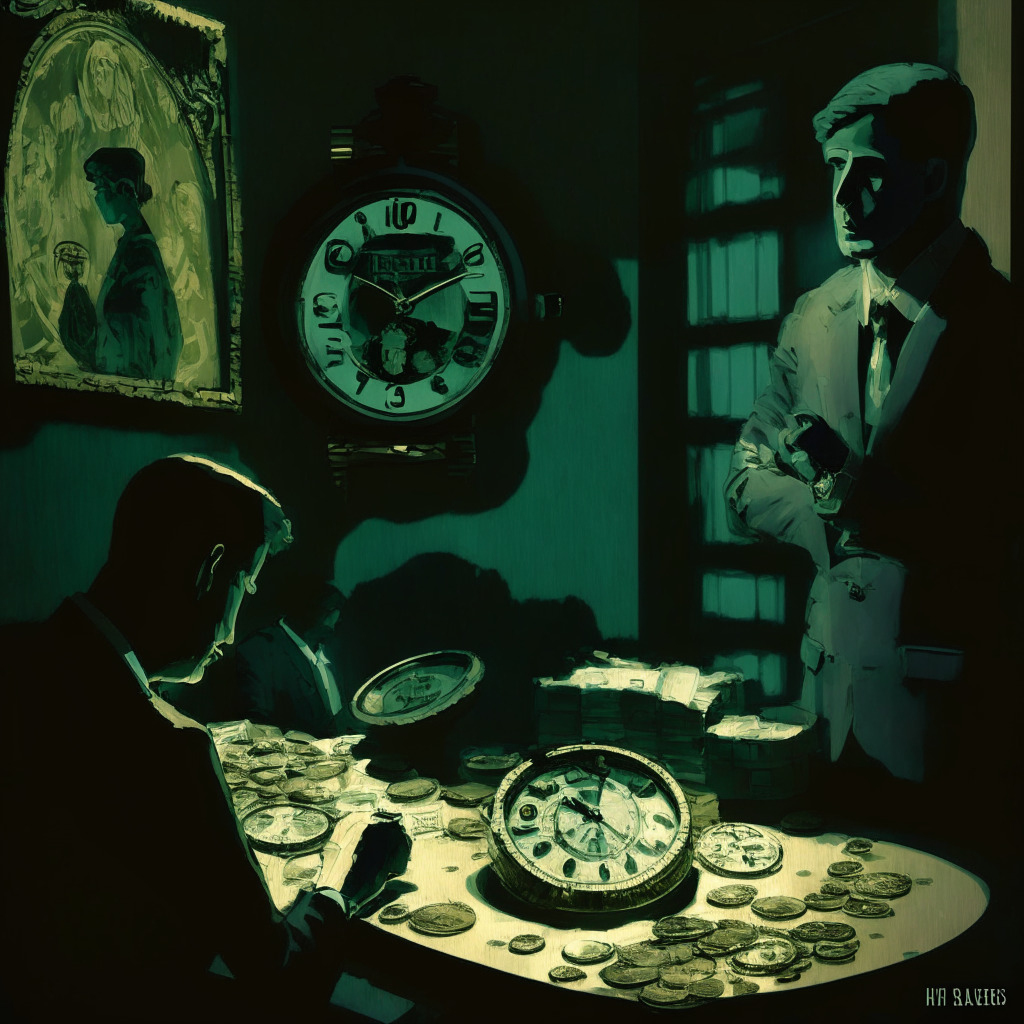The Ethereum ecosystem has been tremendously benefited by Zero-knowledge proof (ZK-proofs) solutions, helping it scale to new heights. However, anticipation is mounting around the potential of proto-danksharding, and it could precipitate significant alteration in the cost landscape of rollups – currently, a major aspect of the Ethereum scaling solution. The enthusiasm around this emerging technology is touted by Nicolas Liochon, the head of Consensys‘ zkEVM Linea.
Linea, the Ethereum layer 2 scaling solution, is reportedly delivering transactions that are 15 times cheaper compared to those on Ethereum’s layer one. However, there’s a catch. Rollups, notwithstanding their promising potential, are still inherently hindered by the mechanism of posting transactions in calldata in Ethereum blocks. In simple terms, this process proves to be severely costly. Essentially, the possible potential of rollups remains largely untapped due to this impediment.
However, this inefficiency is being vigorously addressed. Proposed in the Ethereum improvement proposal identifier EIP-4844, proto-danksharding is aimed at curtailing the overall cost for rollups. Liochon posits that with proto-danksharding, rollup costs could be further slashed by a factor of 10. Even though enhancement efforts are ongoing, the Ethereum Foundation is yet to announce a tentative launch date for proto-danksharding.
In his comprehensive explanation, Liochon stresses that the relatively high rollup cost largely stems from data availability. He clarifies, “We are writing all the data to layer one which is why we have exactly the same security. But it’s expensive, it represents 95% of the cost.”
Consequently, crypto enthusiasts might question the preference for ZK-rollups amid other plausible alternatives, like Optimistic rollups. The key lies in the cost distribution – it is found that Linea’s prover, which essentially manages the off-chain computation – a process instrumental in verifying, bundling, and creating a cryptographic proof of the combined transactions – only accounts for a fifth of the cost.
Furthermore, Linea is designed to be a general-purpose ZK-rollup, anticipated to be utilized for a broad spectrum of decentralized applications within the Ethereum ecosystem. Liochon shares, “We are a generic rollup. We don’t want to have a specific use case or specific domain. It’s quite important to support all type of applications, including DeFi, gaming and social”.
Overall, while the scaling dilemma revolving around the Ethereum ecosystem is continually being addressed, enormous potential in reducing transaction costs continues to surface.
Source: Cointelegraph




